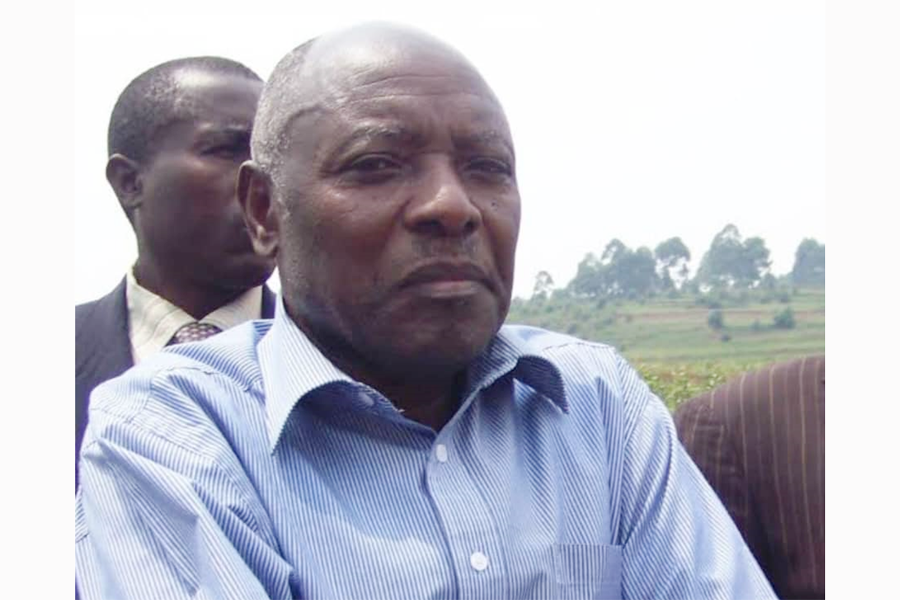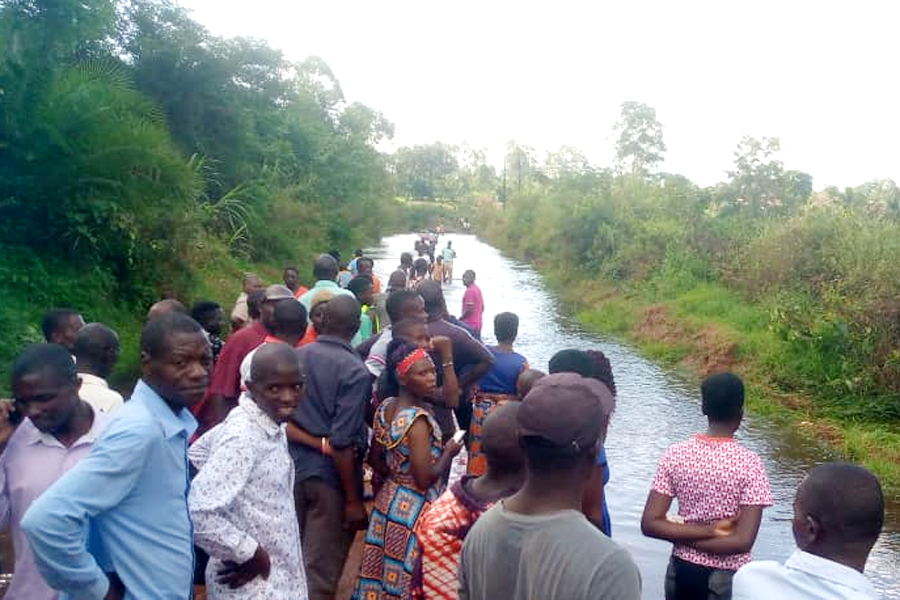Rwandans allegedly stealing fertile soil from Uganda
The Rubanda District chairperson, Kenneth Biryabarema has claimed that a number of Rwandans are staling fertile soil from Uganda and retreating with it to yield their farms.
According to Biryabarema, the Rwandans sneak into Uganda’s Echuya Forest Reserve in South Western Uganda near the Rwanda border, and mine fertile loam soils before sprinting back to their residences.
Keep Reading
"As a district and a nation, we protect our borders but being a big forest they (Rwandans) easily access from their side which was completely cut down, they sneak into the forest and carry the soils into their gardens,” Biryabarema said.
According to him, the Rwandans are using the loan soil as manure instead of buying the actual manure. Biryabarema says the act by the neighbours is putting the forest with diverse Fauna and Flora at risk of depletion.
"We have been trying to have some cross border meetings with the people of Rwanda to find means to protect our forest, because we found it here and love it and we must protect it for our future generation,” Biryabarema said.
The chairperson also accused National Forestry Authority (NFA) officials of engaging in human activity that destroys the reserve’s flora and fauna species, yet it is their custodian role to ensure protection.
“The Natural Echuya Forest reserve has been ravaged by NFA stuff, they cut trees, put up gardens, dig trenches and are allowing Rwandans to take fertile soil, this is endangering the Fauna and Flora of the forest,” he said.
According to him, the reserve should be transferred from NFA to UWA and made a national park since it would be a good tourist attraction especially for bird viewing.
Echuya forest lies along Kabale Kisoro road with over 150 species of birds, eighteen (18) of which are endemic to the reserve, including the elusive Grauer's Swamp warbler.
The forest is ranked as Uganda's most important forest habitat due to the rarity of it's flora and fauna and has much potential for sustainable tourism initiatives due to the dense human population of the area and the growing interactions between these people and the forest.



















